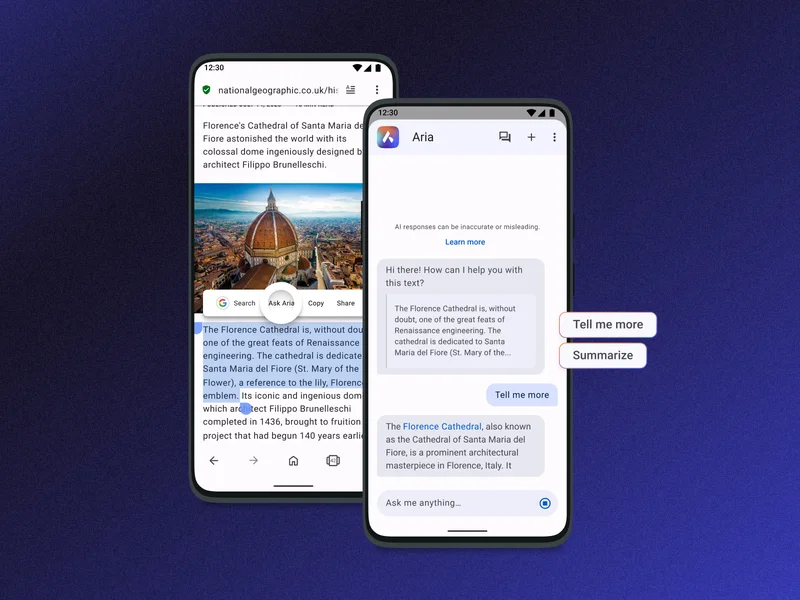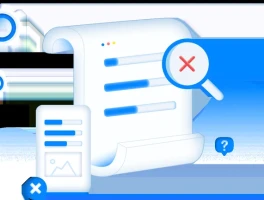Of course. Here is the feature article written from the persona of Dr. Aris Thorne.
*
Every so often, a signal cuts through the noise. It’s usually not a clean, polished signal. More often, it's a chaotic, messy, and utterly electrifying jolt that makes you sit up and pay attention. For the past month, the cryptocurrency world has been fixated on the price chart of a token called ChainOpera AI (COAI), and frankly, I can’t blame them. Watching a brand-new asset rocket from about thirteen cents to nearly forty-five dollars—a gain of over 13,000%—in just 17 days is the kind of thing that defies belief. And watching it then crash back down to a few dollars is the kind of thing that fuels cynicism.
Most will look at that chart and see a classic story of hype, greed, and collapse. A bubble. A gamble. An anonymous analyst even called it the “top scam of October.” But I look at that fever chart of hope and fear and I see something else entirely. I see the violent, spectacular birth of an idea so profound it can’t help but be volatile.
This isn’t just about a token. It’s about who gets to own the future of intelligence itself.
When I first dug into what ChainOpera AI is trying to build, I honestly just sat back in my chair, speechless. We’re talking about a project founded by a U.S. Presidential award-winning USC professor, Dr. Salman Avestimehr, and a former AI specialist from Meta, Google, and AWS, Dr. Aiden Chaoyang He. These aren't crypto opportunists; they're world-class researchers who spent years building the open-source backbone for this project. Their goal isn't just to create another AI tool. Their goal is to build a decentralized, community-owned Artificial General Intelligence—or "Crypto AGI."
Imagine an AI that isn't owned by a trillion-dollar corporation in Silicon Valley. Imagine an intelligence that is collectively built, trained, and governed by its users. This is the kind of breakthrough that reminds me why I got into this field in the first place. It’s a paradigm shift on the scale of the printing press, which took knowledge out of the hands of the scribes and gave it to the masses. ChainOpera AI wants to do the same for intelligence.
The Architecture of a Revolution
So, how do you even begin to build something so audacious? This is where the real magic lies, far away from the dizzying price charts. ChainOpera has designed a full-stack infrastructure that’s both elegant and incredibly ambitious. It’s not just a whitepaper and a prayer; it’s a living ecosystem that already has over a million daily active users.

At its core is a concept they call Proof of Intelligence (PoI). This is a consensus mechanism—in simpler terms, it’s the set of rules the network uses to agree on what’s true—that rewards people for real, verifiable work. Did you contribute GPU power to train a model? Did you design a useful AI agent? Did you provide valuable data? The PoI system can measure that contribution and reward you for it on-chain, transparently. It’s a meritocracy for the mind.
Then there's the integration of Federated Learning Technology (FedML). This is a breakthrough that allows AI models to be trained across thousands of different devices without ever needing to centralize the raw data. Think about that for a second. It means your personal data can help train a powerful AI without ever leaving your phone or computer—it’s privacy-preserving collaboration on a global scale. This isn't just a feature; it's a fundamental re-architecting of how AI learns, shifting from a central brain to a distributed consciousness.
When you combine these layers—a user-friendly app, a developer platform, a decentralized GPU network, and a blockchain protocol built on verifiable contributions—you get something that starts to look less like a cryptocurrency and more like the foundation for a new digital society. Is it any wonder the market doesn't know how to price something like this? How do you put a dollar value on a nascent, decentralized global brain? You can’t. So you get chaos, you get volatility, and you get people calling it a scam because it doesn't fit into any of their existing boxes.
Navigating the Frontier
Of course, with any technology this disruptive, there are immense risks and responsibilities. The reports of synchronized trading by a handful of wallets are concerning, and they highlight the central challenge of any decentralized system: governance. Building a truly community-owned intelligence means we, the community, have to be responsible stewards. How do we ensure fairness? How do we prevent manipulation? How do we align a decentralized AGI with human values when we can barely agree on those values ourselves?
These aren't easy questions, and ChainOpera AI doesn't have all the answers yet. No one does. We are at the very, very beginning of this journey. This is the 1990s of the decentralized internet—a wild frontier full of brilliant pioneers, rampant speculation, and genuine danger. There will be failures. There will be projects that implode. But the core idea—the democratization of intelligence—is too powerful to ignore.
The explosion in user growth and the sheer trading volume, at one point surpassing that of market stalwarts like Solana and BNB, tells me one thing: people are hungry for this. They are desperately searching for an alternative to a future where our digital lives are mediated by a handful of corporate-owned AIs. They see the promise of owning a piece of the intelligence they help create.
The price of COAI will continue to swing wildly. That’s a given. But the price is just a distraction. The real question we should be asking isn't a simple ChainOpera AI Price Prediction: Can COAI Reach $10? The real question is, what kind of world do we want to live in? One where intelligence is a closely guarded corporate asset, or one where it's a public utility, a global commons that belongs to all of us?
The Dawn of a Shared Mind
Ultimately, what ChainOpera represents is a profound bet on humanity. It’s a bet that a decentralized, global community can build something more powerful, more aligned, and more beneficial than any single corporation ever could. It’s messy, it’s chaotic, and it’s terrifyingly ambitious. And that’s precisely why it might just work. We are witnessing the first sparks of a new kind of intelligence, one born not in a sterile lab, but in the vibrant, unpredictable ecosystem of the open network. Watch this space, because the future is being built right now, one block at a time.

